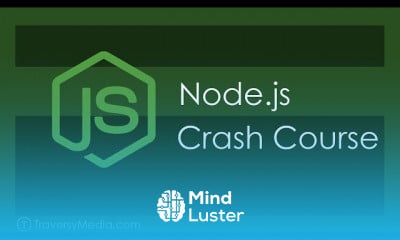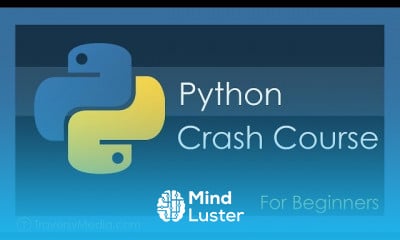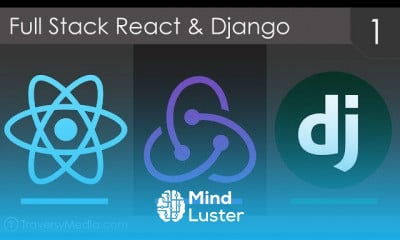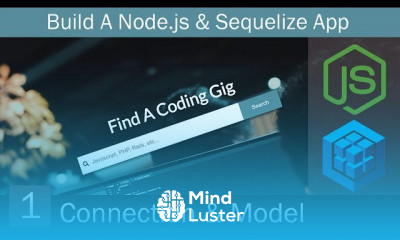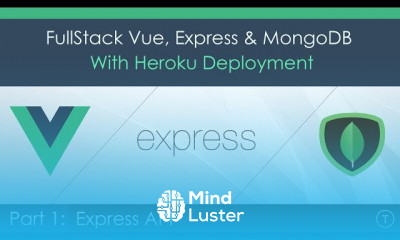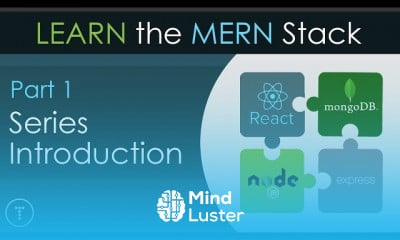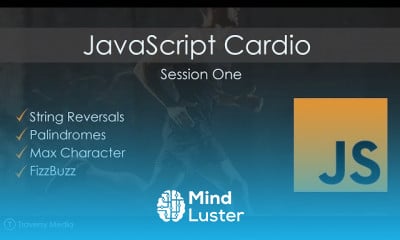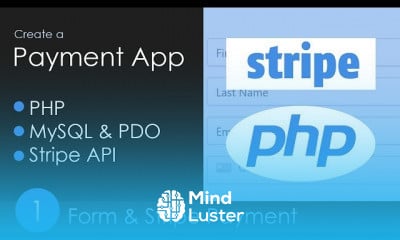GraphQL in Python
Share your inquiries now with community members
Click Here
Sign up Now
Lessons List | 72
Lesson
Show More
Lessons
Comments
Related Courses in Programming
Course Description
How do I become a python expert?
11 Beginner Tips for Learning Python Programming
Make It Stick. Tip #1: Code Everyday. Tip #2: Write It Out. Tip #3: Go Interactive! Tip #4: Take Breaks. ...
Make It Collaborative. Tip #6: Surround Yourself With Others Who Are Learning. Tip #7: Teach. Tip #8: Pair Program. ...
Make Something. Tip #10: Build Something, Anything. Tip #11: Contribute to Open Source.
Go Forth and Learn.How long does it take to become Python expert?
On average it takes about 6-8 weeks to learn the basics. This gets you enough time to understand most lines of code in Python. If you want to become an expert in Python and its field and plan on getting into data science then months and years of learning is needed.Is it good to learn Python in 2020?
It supports various frameworks such as Flask and Django by which anyone can make web applications very easily. Python would prove to be the best choice as it not only help you to get a job very easily but gives us many opportunities for future career advancement and self-growth also.What are advanced Python topics?
Want to become an intermediate python developer then read this blog to know about 10 advanced topics in python.
How Everything in python is Object?
Comprehension (Multiple and Nested)
Extended Keyword Arguments (*args, **kwargs)
Closures and Decorators.
Generators and Iterators Protocol.
Context Managers.
Trends
Graphic design tools for beginners
iOS apps development swift 2
Artificial intelligence essentials
MS Excel
Web Design for Beginners
Figma for UX UI design
Learning English Speaking
Advanced Logo design methods
French
Essential english phrasal verbs
UX UI design career
Python machine learning for beginners
Excel for accounting basics
Cybersecurity fundamentals A Z
Electrical engineering for engineer
Microsoft excel for accounting and finance
Build a tic tac Toe app in Xcode
Customizing type for logos
Build a profitable trading
Python programming language
Recent
Growing vegetable garden
Growing melon cantaloupe
Growing white radish
Growing and harvesting kohlrabi
Beanuts farming
Growing onions
Growing celery
Growing Harvest bean sprouts
Growing chili peppers
Growing peanuts
Growing winged beans
Growing gourds
Growing dragon beans
Harvesting guava fruit gardens
Growing pumpkins
Cabbage farming for beginners
Weeds management in carrots farming
Onion farming for beginners
Dairy farming in kenya
Maize farming for beginners




